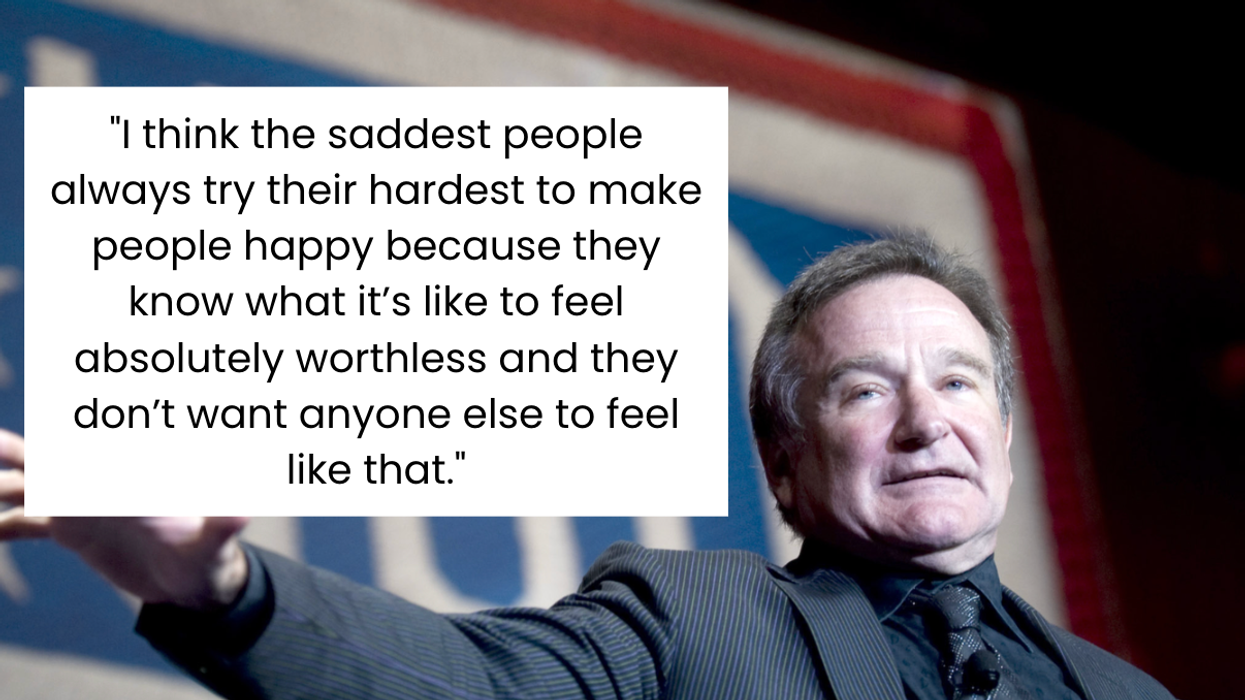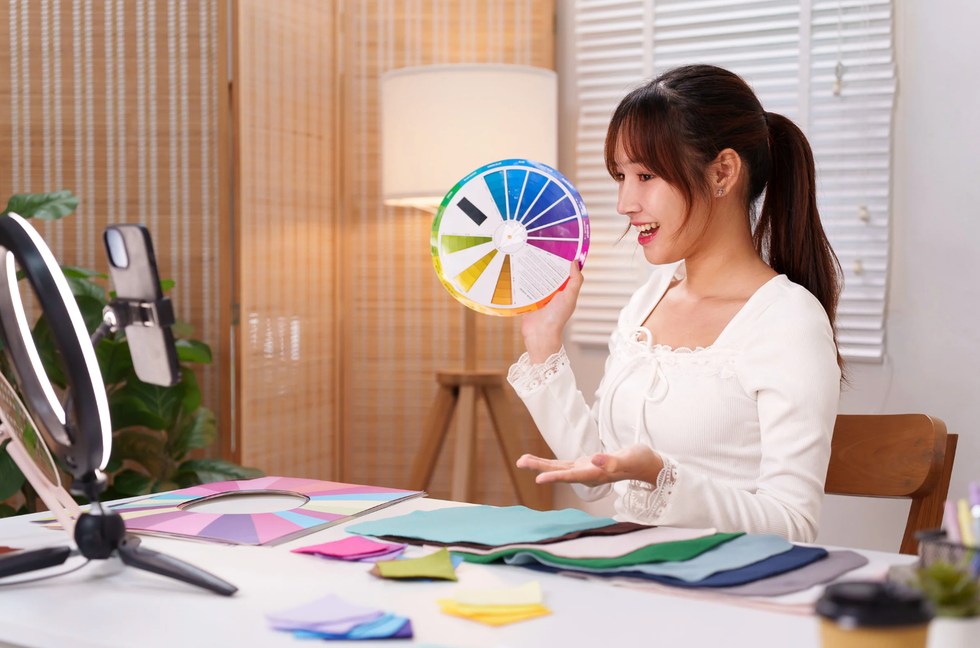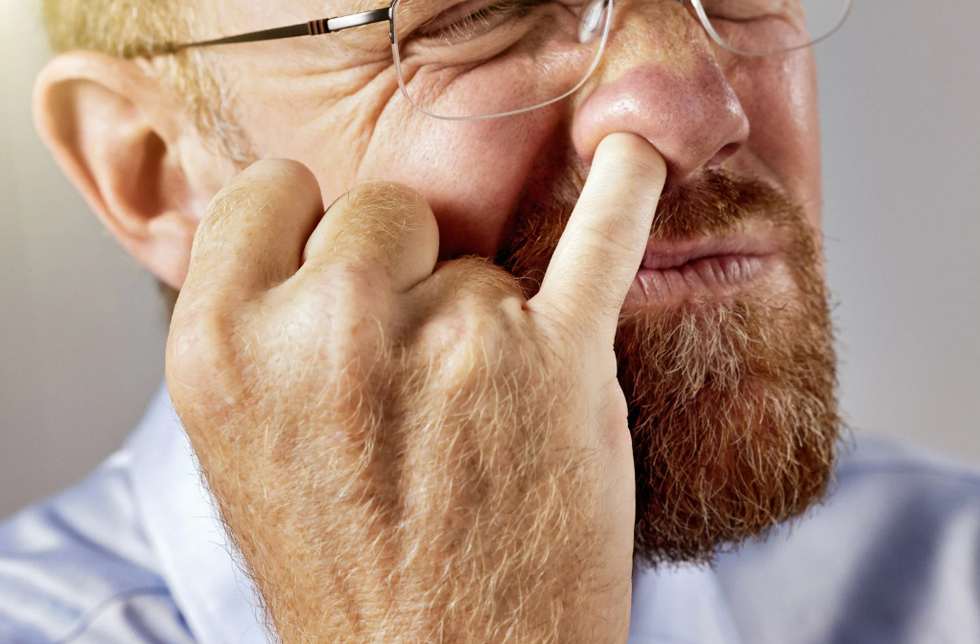Grief is deeply personal, and everyone processes it differently. Some people withdraw, while others struggle to stay focused on their surroundings. When dealing with loss, especially during school or college, the support of compassionate professors can make all the difference. In a September 2020 tweet, a woman named Alyssa (@actualdavidrose on X) shared how her English professor showed incredible empathy after Alyssa lost her sister. The professor’s kind response to her request for an extension touched many online.
“My sister died yesterday. Can’t explain how much I appreciate my English professor’s compassion,” Alyssa wrote in her tweet, alongside a screenshot of the professor’s email. The message read, “Alyssa, I don’t know what to say. I have two sisters, and anyway, take all the time you need—no documentation needed.” The professor also reassured her she could take more extensions if necessary: “And you don’t need to promise not to take another extension—I’m giving you blanket flexibility in advance.”
The rest of the message read, “You’ve already done good work so far, and my goal is for you to get something positive out of the class, and after what just happened if you just participate to the extent possible, I’ll make that work. Take care of yourself.” In the comments section, people praised the professor for doing the genuine thing in the given situation. “This professor seems like a genuinely good person,” commented @stpolishook. @offsetsynt4x said, “As a student this is remarkable.” @m_e_nielsen added, “Glad this teacher had a clear line of sight on the right thing to do.”
A woman @alyssfoxy shared a similar experience, “I had a professor just like this last year when I went through the same loss! She let me take a month off and gave me 2 months to take the exams whenever I pleased. She also offered to talk to me out of office hours about how I feel (unrelated to school) She was a blessing!”
Alyssa’s tweet was also reposted by u/kbdfan42 in Reddit’s r/mademesmile group, where over 117,000 people upvoted it and more than 750 commented. “An English professor saying they don’t know what to write speaks volumes,” said u/uptonogood119. u/adventurous-age6490 wrote, “It shows real humility- something I don’t see a whole lot of with other professors.” Reflecting on the importance of a professor’s kindness, u/pawrassicbark said, “The best way to make a huge impact on a student isn’t via the grades, it’s the development of a trusting and positive relationship.”

Others shared experiences with professors, quite opposite to Alyssa’s. “I lost my father last Saturday and one of my professors doesn’t really seem to be willing to work with me,” shared u/fellate_the_fate. u/moser319 recalled an experience when they literally failed a course at the university just because a professor thought they were uncaring of their studies, knowing very well that the student’s granny just passed away.

















 Robin Williams performs for military men and women as part of a United Service Organization (USO) show on board Camp Phoenix in December 2007
Robin Williams performs for military men and women as part of a United Service Organization (USO) show on board Camp Phoenix in December 2007 Gif of Robin Williams via
Gif of Robin Williams via 
 A woman conducts a online color testCanva
A woman conducts a online color testCanva A selection of color swatchesCanva
A selection of color swatchesCanva A young boy takes a color examCanva
A young boy takes a color examCanva 

 Pictured: A healthy practice?
Pictured: A healthy practice?


 Is solo sleep the best sleep?
Is solo sleep the best sleep?  Some poeple want their space, and some can't imagine being that seperate.
Some poeple want their space, and some can't imagine being that seperate. 